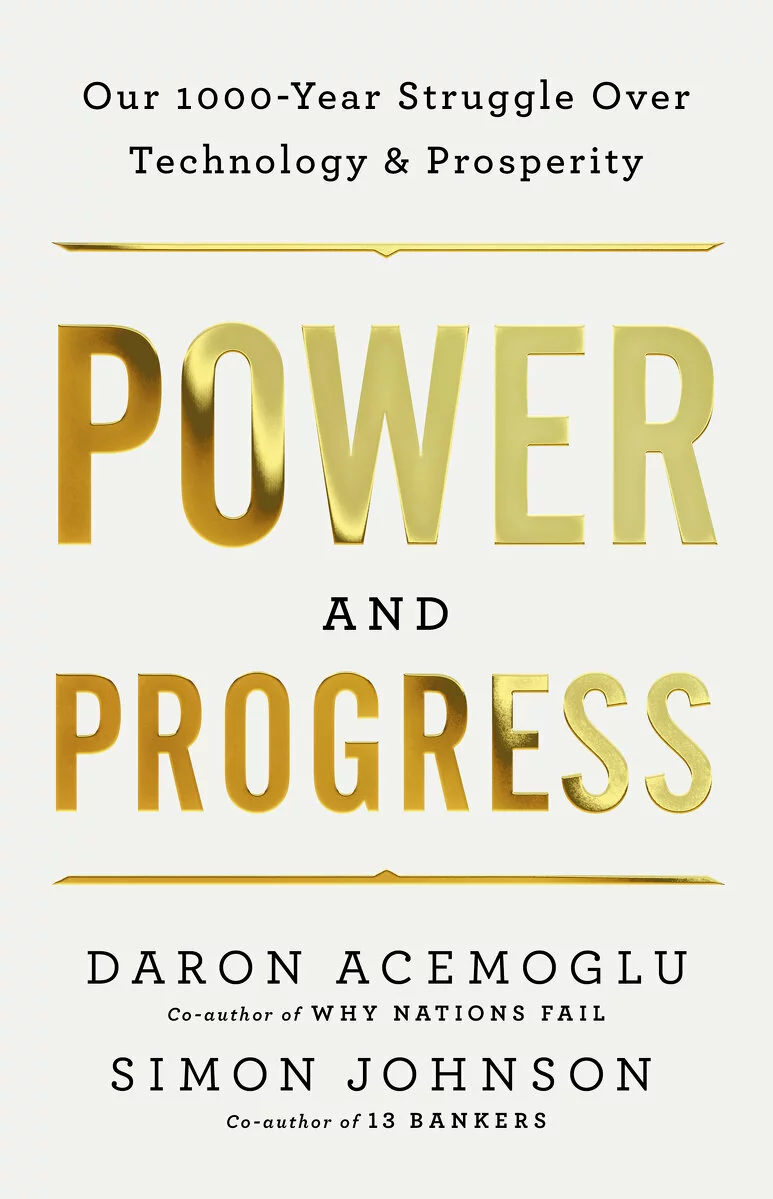How is technology reshaping our society, and what can we do to make sure these changes are positive for more than a minority? Simon Johnson discusses “Power and Progress,” a new book co-authored with Daron Acemoglu
A thousand years of history and contemporary evidence make one thing clear. Progress depends on the choices we make about technology. New ways of organizing production and communication can either serve the narrow interests of an elite or become the foundation for widespread prosperity.
The wealth generated by technological improvements in agriculture during the European Middle Ages was captured by the nobility and used to build grand cathedrals while peasants remained on the edge of starvation. The first hundred years of industrialization in England delivered stagnant incomes for working people. And throughout the world today, digital technologies and artificial intelligence undermine jobs and democracy through excessive automation, massive data collection, and intrusive surveillance.
It doesn’t have to be this way. Power and Progress demonstrates that the path of technology was once—and may again be—brought under control. The tremendous computing advances of the last half century can become empowering and democratizing tools, but not if all major decisions remain in the hands of a few hubristic tech leaders.
With their breakthrough economic theory and manifesto for a better society, Acemoglu and Johnson provide the vision needed to reshape how we innovate and who really gains from technological advances.





